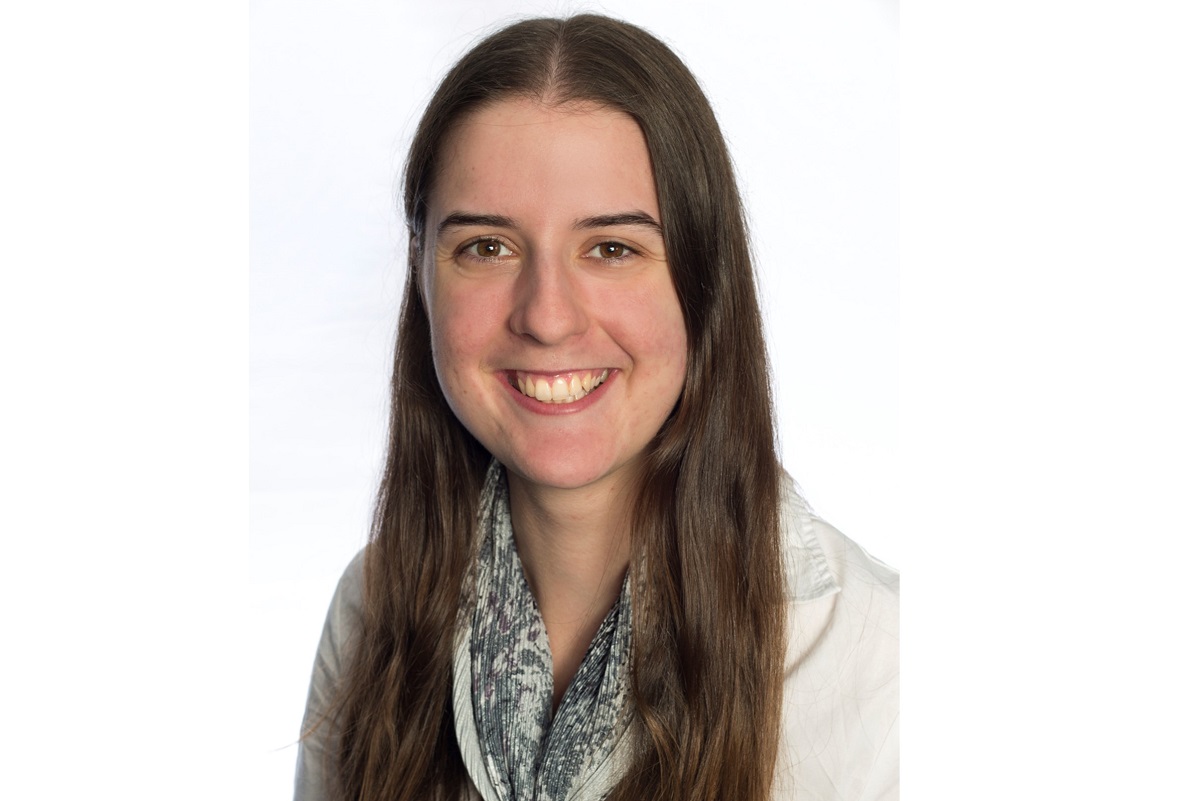
Robotics engineering student Caitlin Kramer has been focusing on the maritime industry in the last year of her Flinders University degree, but is increasingly interested in space. With experience across a variety of fields including image processing and machine learning, Caitlin is keeping her options open in the dynamic world of robotics.
What inspired you towards engineering?
I chose to study engineering due to a combination of having studied it at high school and the supporting encouragement of my teachers, friends and family.
To be honest, I did not really understand what an engineer was when I selected my degree, other than a vague idea that they would build stuff. I never had a clear vision of what I wanted to do or who I wanted to be after school; however, over the years of my schooling I had pushed myself to see how much I could learn while keeping my options open. This led to selecting all the advanced topics in year 12 required for an engineering degree, and my thoughts at the time were to make as much use of that hard work as I could and see where it would take me.
I knew I could always change degrees if it turned out I had no love for engineering, but I have since found a passion for my studies and am so grateful to myself for making that decision!
What would you consider your greatest success in using your skills to solve an engineering problem?
As a student I have limited ‘great’ engineering problem successes, but I have learnt to celebrate the small victories!
One memory I cherish is when my team and I were trying to demonstrate our work to the public at La Mer XXL, a maritime French exhibition, during my internship there.
As always when trying to demonstrate technology, our autonomous surface vehicle stopped working unexpectedly. One of the theories around the team was that the temperature sensors within the vehicle were not reporting correctly and the system had overheated, but no one was certain and we were under time pressure to solve the issue quickly.
My role in the team at that time was purely research, so I was unable to contribute greatly to the technical aspects of the system, however, it put me in a unique position to be removed slightly from the problem. I remembered that we had a ranged infrared thermometer for a separate demonstration and suggested we could use it to verify if the temperature was the problem, and it was. Knowing this we could act accordingly.
While the solution to verify our theory of the problem was nothing genius or extravagant, it demonstrates the importance of effective team work and it is a reminder for me of important skills, such as communication, observation, and lateral thinking, when managing a problem – skills often forgotten and underappreciated.
Can you share an example of when you needed to be particularly creative?
The most recent example was throughout my honours thesis. I say throughout because I faced a seemingly unending number of obstacles and setbacks which required me to adapt my ideas and change my vision on what needed to be done.
Often when I think about creativity, I think of design and art and aesthetics, however creativity can also be the adaptive frame of mind where new ideas build old ones into something different. Without this ability I would not have had a final thesis document to submit.
How do you attack a big challenge, or what do you do when the answer or way forward is not clear?
When faced with a challenge I have learnt that throwing everything I have at the problem does not always work.
Instead, I now try to break down the challenge into smaller, more manageable challenges. Time spent learning more about the problem and ensuring my interpretation of it is correct is not wasted. If this does not provide the clarity needed to move forward, I have learnt that asking for guidance is not a weakness.
Getting the opinions of others or verbally bouncing my ideas off someone else can grant me a new ways of thinking about the problem and potentially find a new way forward.
What words of wisdom would you share with your high school self?
There is so much I would say. First, step out of your comfort zone as often as you can. You won’t easily learn what your passion is, where you fit, or what you know by floating around and hoping everything will become clear later.
Instead of waiting alone for everything to start making sense, go to networking events where you can learn from people who have been where you are; talk to your lecturers, learn what they do and the opportunities they know of that you can use; and build connections with your peers, share your knowledge and learn from them together. Don’t be afraid to seek guidance.
I would encourage her to try learning to listen to herself and what she wants. To start building trust with self, belief in own abilities, and be willing to adapt.
Over time I have learnt to follow where my feet are taking me, secure in the knowledge that they can always take me somewhere else if I want later. But I would tell my younger self to keep trying new things and pushing those boundaries between what I think I can and cannot do; only then can one know for certain.

